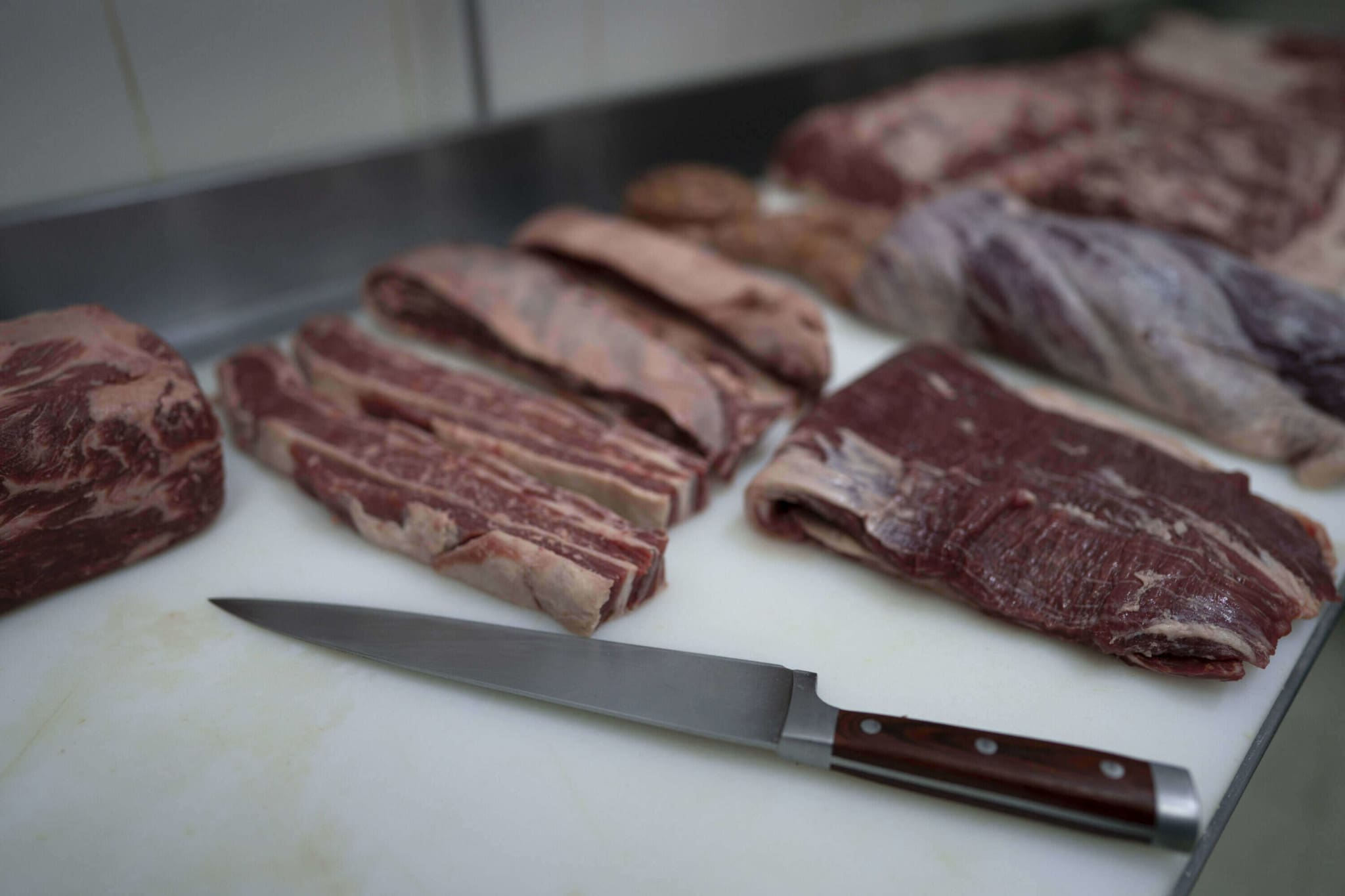Germany could move closer to its green, emission-free future even faster than currently planned. The local German Environment Agency (UBA) calls on politicians to be more radical in their plans. According to the so-called European Green Deal, carbon emissions are to be reduced by 55 percent compared to 1990, but the agency is pushing for up to 70 percent. German industry should then move away from using coal as early as 2030. Environmentalists also propose very strict requirements for internal combustion engines or for meat and milk consumption, which they want to reduce radically, reports the German Der Spiegel.
According to the European Commission’s plan, European states have committed themselves to produce no net greenhouse gas emissions by 2050 or to separate economic growth from resource use. To combat global warming, the EU executive wants, among other things, to end the production of petrol and diesel cars, to charge for emissions from transport or heating buildings, and to increase the share of renewable sources in energy consumption.
Goals not ambitious enough, agency thinks
However, the agency thinks that these goals are not very ambitious, and the green measures that Germany will take must be tougher to be able to meet the goals of the Paris Climate Agreement.
Instead of 2038, when the EU decided to stop burning coal, the UBA is already proposing 2030. Until then, carbon emissions are to be reduced by 70 percent compared to 1990, while European plans envisage 55 percent. The use of hydrogen should come to the fore, especially in the chemical and steel industries.
The volume of construction of renewable energy sources should also increase. Environmentalists are demanding that seven gigawatts of wind power plants be built every year, as well as 10 gigawatts of solariums.
Tightening should also affect the heating of buildings. It is said that the installation of new heating oil systems must be banned immediately, with the proviso that from 2026, heating oils must no longer be used at all. However, this would mean extensive renovation of many existing buildings and, in turn, new insulation requirements for new buildings.
According to the UBA, one of the most debated measures of the European Commission, which concerns the cessation of production of cars with internal combustion engines after 2035 and the pressure on electromobility, is also insufficient. Classic engines should not be used for new cars as early as 2032, and for trucks in 2038.
Likewise, the prices of emission allowances for fuels should increase. It is the record growth in emission allowances that is currently a very burning subject of debate, which has a major role in the high energy prices that Europe is facing.
Meat and milk consumption to be reduced
The Green Agency did not miss the field of agriculture, specifically cattle breeding for meat and milk. The annual per capita consumption of meat, which is now 60 kilograms in Germany, is said to be radically reduced to less than 16 kilograms. In addition, milk is a problem too. Up to 15 percent of its consumption should be replaced by alternative plant products.
Finally, the UBA is pushing for the German political system to be completely restructured and to make climate protection a top priority. “Modernizing the economy in terms of climate policy can only succeed if it becomes the highest priority of the Chancellery,” said UBA chief Dirk Messner, adding that all ministries must address the green agenda.
Germany is portrayed as a leader in the transition to a “zero” economy. In addition to coal-fired power plants, it also is shutting down nuclear resources on a large scale and relies mainly on gas and renewable energy sources. Mainly due to German influence, gas is still classified as a neutral source, and no large emission surcharges have been imposed on it.






